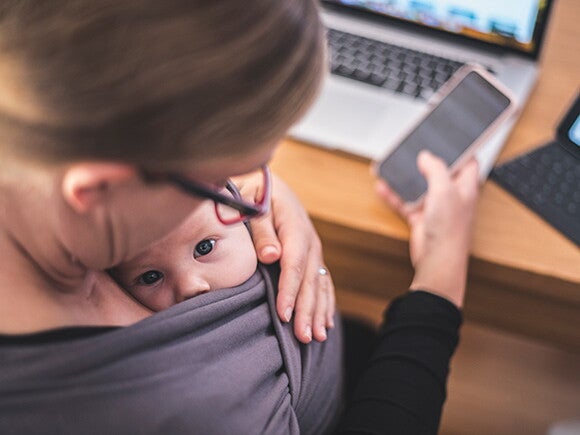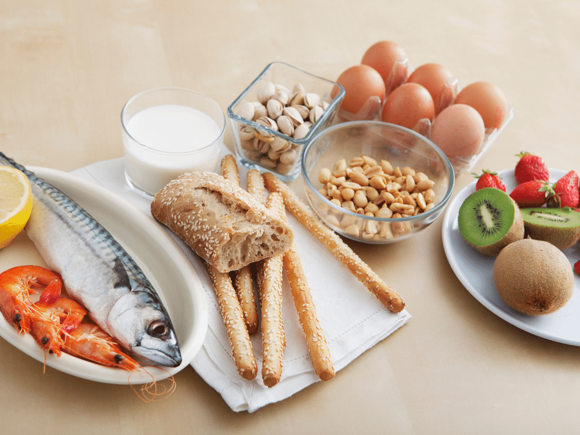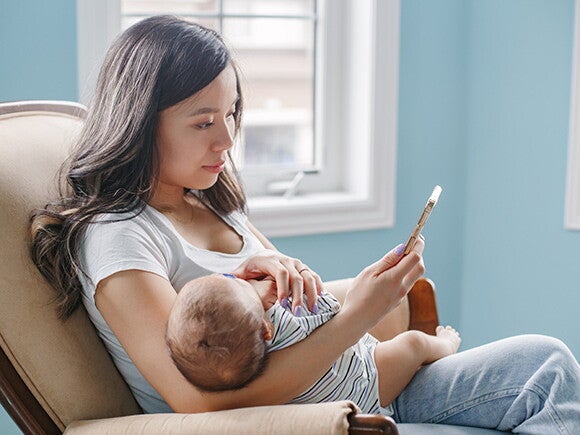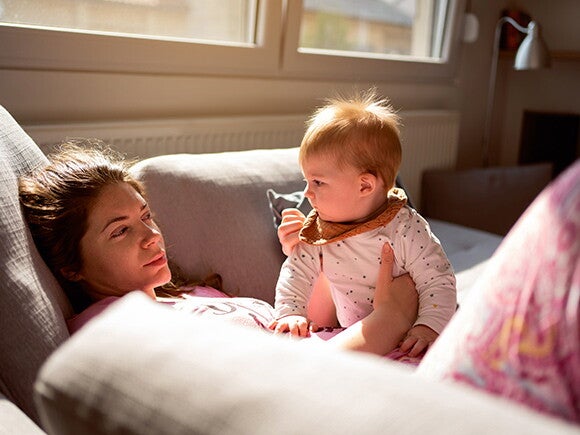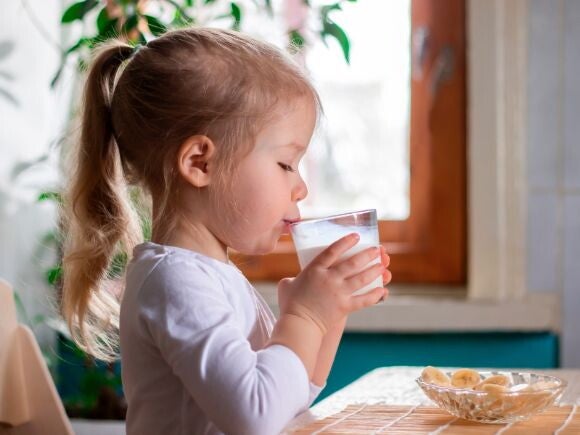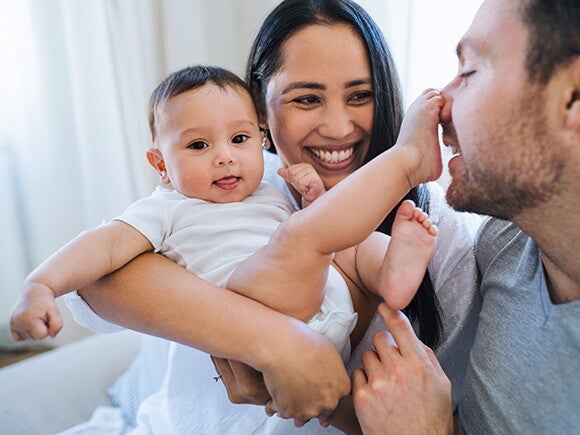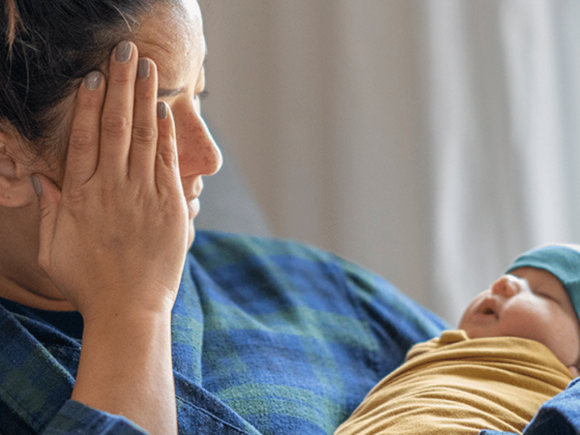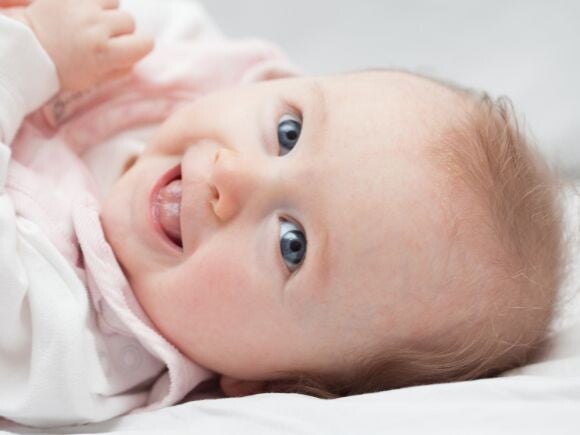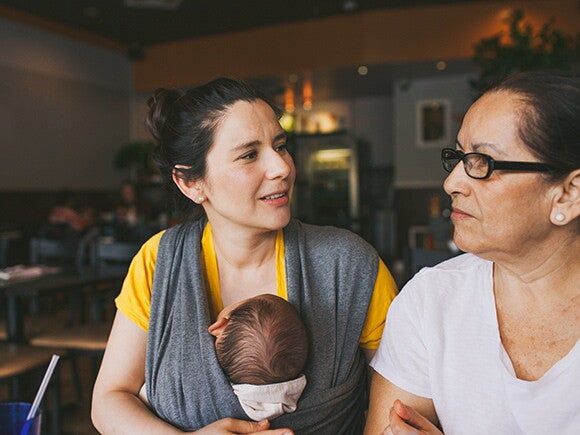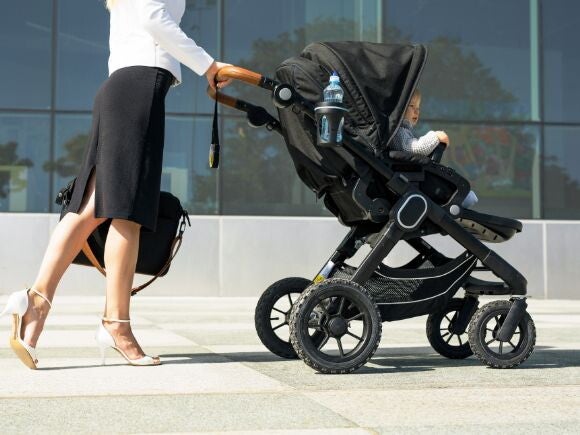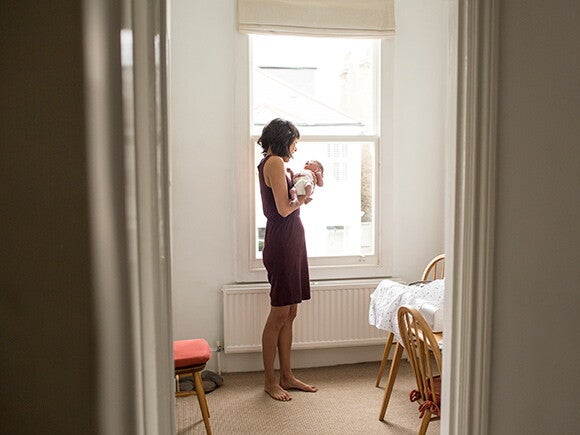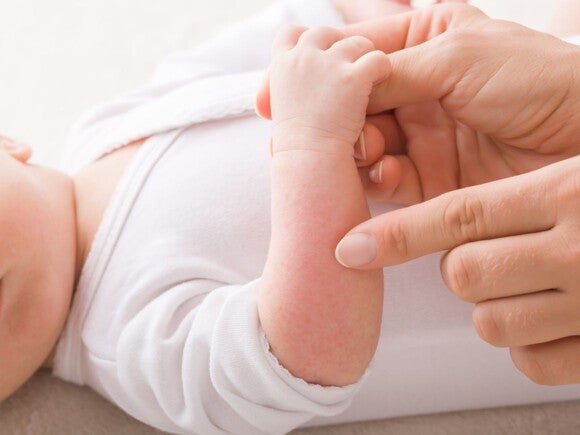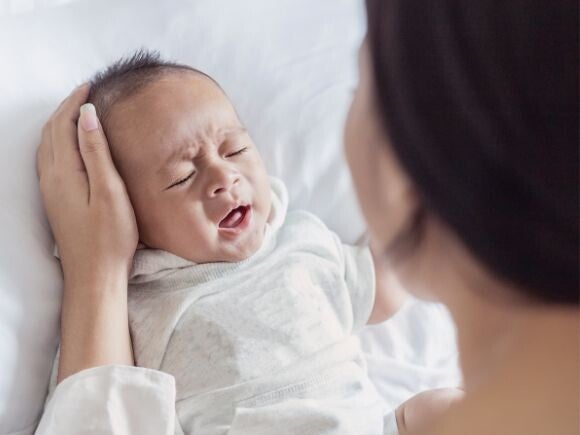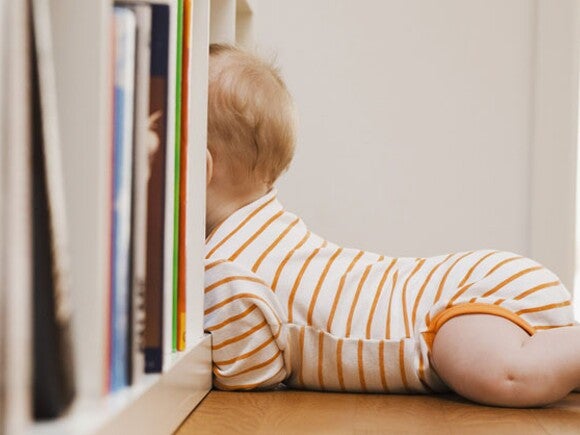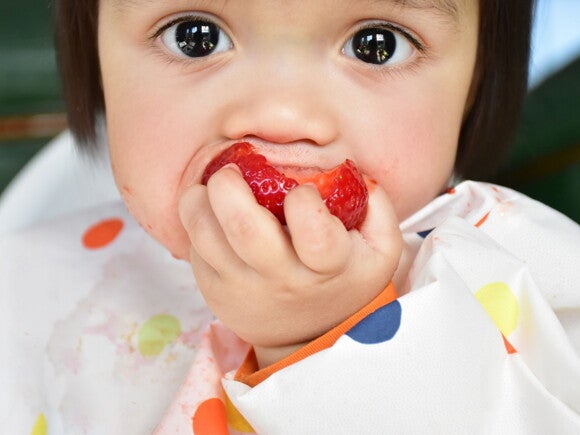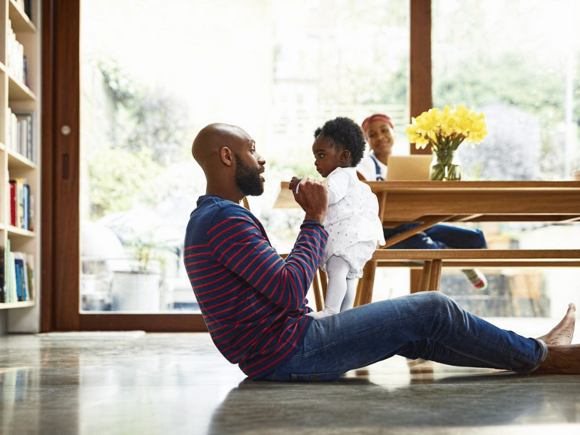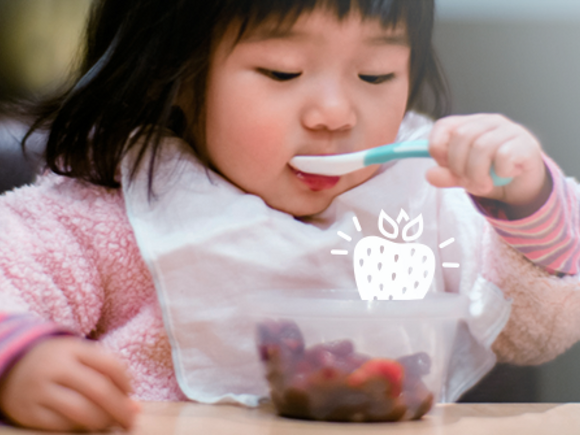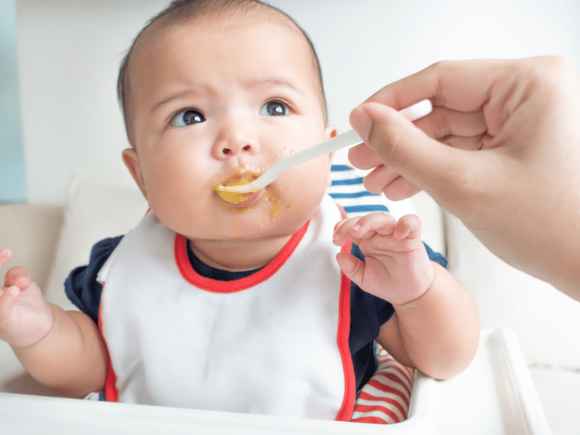The benefits of physical activity for your baby
Physical activity has many health benefits. Adopting a physically active lifestyle early:
- Helps your baby develop their learning and movement skills;
- Helps build self confidence;
- Helps your child develop a healthy musculoskeletal system which includes bones, muscles and joints;
- Helps general fitness and their ability to play longer;
- Helps your child achieve and maintain a healthy body weight;
- helps in the cognitive development of your baby;
- Promotes a healthy cardiovascular system involving the heart and lungs.
An active lifestyle provides your baby with opportunities for:
- Planning and experimentation with new skills and activities;
- Enhances learning by trial and error;
- Assists with being able to focus their attention on self-directed tasks;
- It may help their self-motivation;
- It can play a role in developing cooperative friendships, especially with team sports and activities;
- Team activities can also help develop their social skills and relationships with peers;
- Physical activity may assist to reduce stress levels in your baby and enhances sound sleep;
- Activity is extremely important for your baby’s optimum growth and development.
It’s time for parents to take notice and act
Every baby and school age child should engage in daily physical activity that promotes physical movement skills, supports brain development, and promotes social skills and self-confidence.
The grave concern over childhood obesity has sparked the importance of introducing physical activity as part of baby development. The objective is to ensure healthy eating and healthy lifestyle practices to be adopted for a healthy life.
Walking and running emerge first and jumping, hopping, galloping, sliding, catching, climbing, throwing, bouncing and kicking may require more practice and instruction.
Adopt an active lifestyle for your family
Your own active lifestyle can set a good example. Make a conscious effort to include movement and physical activity in your baby’s day and be sure their activities are safe, supervised, and age-appropriate. Give your baby space to be active – don’t restrict their movement or compromise their safety. Encourage active structured play with you and unstructured play such as digging in the sandpit or splashing in a wading pool under your supervision.
Physical activity need not be limited to outside play as the time spent in the garden or play grounds may be limited and subject to weather. Active physical play can be introduced both outdoors and indoors. Areas need to be safe and uncluttered to allow your baby freedom to be physically active. In the indoor space, your baby needs obstacle free play areas to ensure safe opportunities to crawl, walk or move around – use playpens or gated-off baby safe areas. Provide appropriate toys and games to encourage your baby to engage in activities that strengthen their motor skills. Plan and provide daily outdoor active activities where possible.
Tips for your baby’s active life: Activities like watching television or playing computer or video games do not promote any sort of physical activity and should be discouraged until at least 2 years of age.
The Australian Government Department of Health and Aging has framed suitable guidelines for enhancing the physical activity of children 0 – 5 years old to reduce the potential risks of a sedentary life.
For babies up to one year old:
- Interact with parents and/or caregivers in daily physical activities that are dedicated to promoting the exploration of the environment;
- Your baby should be placed in safe, supervised settings on the floor to facilitate physical activity such as rolling, crawling, and standing;
- Try not to restrict movement for prolonged periods of time in strollers, prams and car seats unless sleeping;
- Avoid using baby walkers as the evidence suggests they can restrict muscle development important for the development of your child walking on their own;
- Television viewing is not necessary for under 2 year olds;
- Individuals responsible for the well-being of your baby should be aware of the importance of physical activity and facilitate your infant’s movement skills.
For babies between one and three years:
- Accumulate at least three hours of physical activity each day;
- Develop movement skills that are building blocks for more complex movement tasks;
- Ensure indoor and outdoor areas meet safety standards for performing large muscle activities and are supervised;
- Limit television viewing and use of any other electronic media like computer games to one hour for 2 – 5 year olds.
Individuals responsible for the well-being of your baby should be aware of the importance of physical activity and facilitate your toddler’s movement skills.

